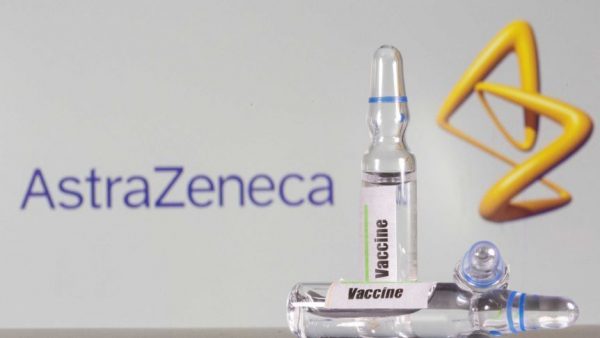
The Dominican government has contracted 10 million doses of the University of Oxford-AstraZeneca Covid vaccine. The Dominican Medical Association (CMD) president, Dr. Waldo Ariel Suero recommended the Pfizer vaccines be used for seniors in the Dominican Republic.
On 10 February 2021, the World Health Organization (WHO) put at ease those who distrust the University of Oxford-developed vaccine. WHO’s expert panel countered concerns over the efficacy of the vaccine and insisted “it’s the right thing to do” to use it, even in countries where variants had surfaced.
“Even if you have the circulation of a variant in a country, there is no reason that we see for now, not to use the AstraZeneca vaccine as indicated, to be able to reduce the levels of severe disease in that population”, said Dr. Alejandro Cravioto, Chair of the Strategic Advisory Group of Experts on Immunization (SAGE).
The development follows the recent release of data from a study in South Africa indicating that the AstraZeneca jab provided little protection against a variant of Covid-19 among older people.
At a press conference in Geneva, SAGE executive secretary, Dr. Joachim Hombach, described that study as “relatively modest.” Dr. Cravioto added that few over 65s had taken part in it.
Dr Kate O’Brien, WHO’s head of immunization, said that the South African study’s findings were “inconclusive, albeit demonstrating a low efficacy against mild and moderate disease.
Dr. O’Brien added: “For all of the vaccines there is a gradient of response. The highest response is against the most severe disease and somewhat lower efficacy for moderate and then further down for milder disease…this is not unique to coronavirus vaccine.”
The vaccine should be administered in two doses to people over 18 years old “without any upper age limit,” Dr Cravioto said, adding that the “best” interval between the first and second doses is eight to 12 weeks, to ensure an increased immune response.
Although the vaccine is “safe”, the SAGE Chair said that owing to a lack of available data, it was not yet possible to make a recommendation about whether the vaccine should be given to all pregnant or breastfeeding women. That decision should be taken on an individual basis by a general practitioner, he added.
And because of a lack of available vaccines and the need to continue limiting the potential for the virus to spread, Dr. Cravioto advised that international travelers not be given the jab.
Urging countries to use the AstraZeneca vaccine – particularly those for whom it would be their sole protection against the virus – WHO Chief Scientist, Dr. Soumya Swaminathan, insisted that there was no time to lose.
“The vast majority of countries that are still waiting to introduce a vaccine – and this vaccine may be the first one – certainly the benefits will far outweigh the risks.”
Another plus in favor of the AstraZeneca vaccine is that it requires normal refrigeration, contrary to the Pfizer and Moderna vaccines that require special low temperature storage arrangements.
Read more:
United Nations
10 February 2021

